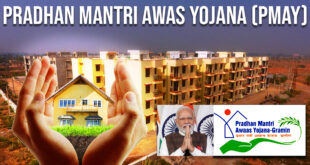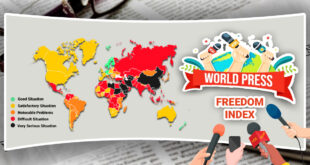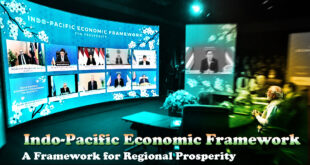After a statement by Kuki Inpi Manipur (KIM, the apex body of Kuki tribes) specifically seeking a separate State under Article 3 of the Constitution in light of the ongoing conflict in Manipur, signs of fissures are starting to appear among Kuki-Zo civil society organisations (CSOs) and councils about the specifics of how they want to be separated from the State of Manipur.
The Indigenous Tribal Leaders’ Forum (ITLF), decided to specify that it too is seeking a separate State, or a Union Territory if a State is not agreeable, according to its spokesperson Ginza Vualzong, while the Zomi Council (apex body of Zo tribes) has taken the position that specifics of autonomy can only be discussed once dialogue begins with the Union government.
United in demand
However, all of these groups reiterated that a consensus will soon be developed on how the separation should occur, and that they remained united in their demand for separating from the Manipur government.
Sources within Zomi groups, however, have said that keeping the demand for separation vague was necessary at this stage so that “negotiations with the Centre can have room to explore unique and localised political solutions for Manipur while remaining within the framework of the Constitution”.
“Specifying the nature of separation at this stage might also discourage the Union government from even coming to the table,”
Manipur Kuki Tribe Conflict
The Manipur Kuki-tribe conflict is an ongoing ethnic conflict between the Kuki tribes and the Meitei community in the Indian state of Manipur. The conflict has its roots in the history of Manipur, which has been a multi-ethnic state for centuries. The Kuki tribes are one of the largest ethnic groups in Manipur,
and they have a long history of conflict with the Meitei community, who are the majority ethnic group in Manipur.
The conflict has been exacerbated by a number of factors, including competition for land, resources, and political power. The Kuki tribes have also been marginalized by the Meitei community, and they have a history of discrimination.
The conflict has led to a number of violent incidents, including killings, arson, and displacement. In May 2023, the conflict escalated after the Manipur High Court directed the state government to consider granting Scheduled Tribe status to the Meitei community. This decision was met with widespread protests from the Kuki tribes, who believe that granting Scheduled Tribe status to the Meitei community would infringe on their own rights.
The conflict has had a devastating impact on the people of Manipur. Thousands of people have been displaced, and many have been killed. The conflict has also hampered economic development in the state.
Article 3
Article 3 of the Constitution of India deals with the formation of new States and alteration of areas, boundaries or names of existing States. It empowers Parliament to make law in this regard.
The article states that Parliament may, by law:
- Form a new State by separation of territory from any State or by uniting two or more States or parts of States or by uniting any territory to a part of any State;
- Increase the area of any State;
- Diminish the area of any State;
- Alter the boundaries of any State;
- Alter the name of any state.
However, the article also states that no such law shall be made unless the proposal to form a new State or to alter the boundaries of any State has been approved by the Parliament after ascertaining the views of the concerned State Legislature.
 Chinmaya IAS Academy – Current Affairs Chinmaya IAS Academy – Current Affairs
Chinmaya IAS Academy – Current Affairs Chinmaya IAS Academy – Current Affairs



